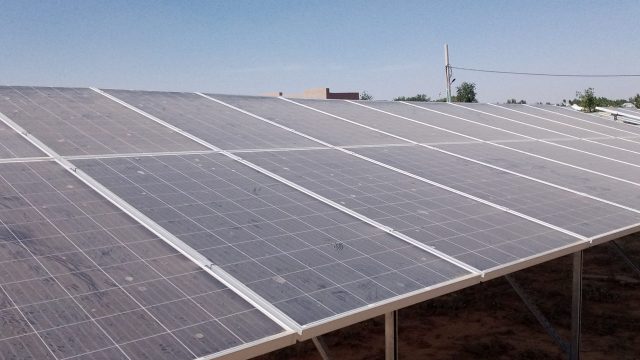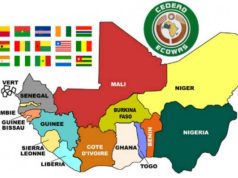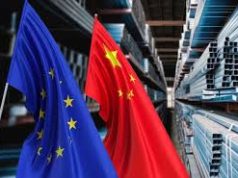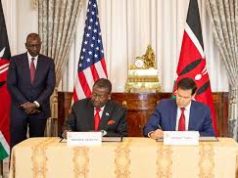A global climate organization backed by the Rockefeller Foundation and the Bezos Earth Fund is piloting a solar mini-grid program in Nigeria to address the country’s erratic power supply. The program aims to provide reliable electricity to millions of Nigerians who currently lack access to the national grid.
The Global Energy Alliance for People and Planet is initially focusing on building a pilot project in each of the regions covered by Nigeria’s 11 power distribution companies. The ultimate goal is to facilitate the development of 10 gigawatts of mini-grids across the country.
This initiative complements existing efforts to build mini-grids in areas without access to the national power supply. The Global Energy Alliance, formed in 2021, has already helped build the first interconnected mini-grid in Nigeria. Two more such grids are under construction, and funding is available for a fourth.
These privately operated mini-grids will supplement the limited power supply provided by the national grid, ensuring that businesses and homes can remain powered around the clock. Muhammad Wakil, country delivery lead for Geapp, emphasized the need for hundreds or thousands of such projects to address Nigeria’s energy poverty.
Nigeria has the world’s largest number of people without access to electricity, with approximately 86 million people lacking any connection. The national grid supplies only 4,000 megawatts, significantly less than the amount generated in South Africa, which has a smaller population. This inadequate supply leads to frequent outages and occasional national collapses.
Geapp’s Demand Aggregation for Renewable Technology (Dart) program pools the needs of multiple developers to reduce the cost of solar equipment. The program also operates a financing facility that provides developers with loans to import equipment and repay them in Nigerian naira currency.
The Dart program has demonstrated significant cost savings for developers, with potential savings of up to 30%. Geapp provides grants, loans, and technical assistance to mini-grid developers, leveraging a government rule that allows mini-grids to operate alongside the national grid.
The success of the Geapp program has encouraged the World Bank to pledge $130 million to develop similar facilities. The World Bank and African Development Bank have jointly announced the Mission 300 program, which aims to bring electricity to 300 million Africans by 2030.
The solar mini-grid project in Ogun State, built by Darway Coast, is expected to provide all-day electricity to the local community by the end of the year. This project serves as a model for the broader efforts to expand access to clean and reliable energy in Nigeria and other African countries.

























